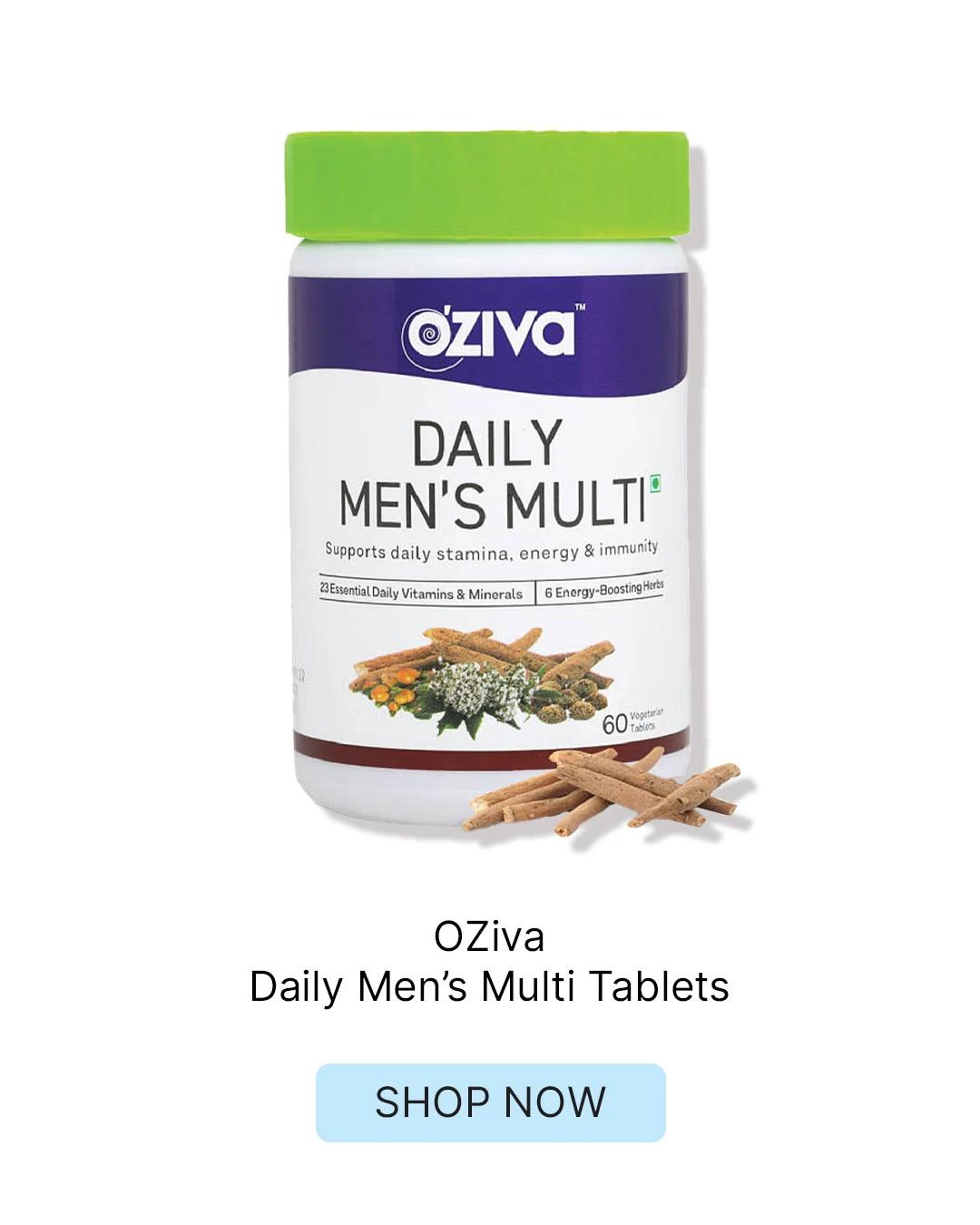That uncomfortable feeling when your tummy feels like a balloon ready to pop? We've all been there. Bloating hits at the worst times—right before a big meeting, during a night out, or when you're trying to squeeze into your favourite outfit. It's that tight, uncomfortable sensation that makes you want to unbutton your jeans and curl up on the sofa. But here's the good news: you don't have to suffer through it. There are loads of quick bloating remedies that can help you feel more comfortable in minutes, plus some brilliant long-term strategies to keep your gut health on track.
Understanding Bloating: Causes and Symptoms
Bloating happens when your digestive system gets a bit overwhelmed, causing gas to build up in your stomach or intestines. Think of it as your tummy throwing a tiny tantrum. Your abdomen swells up, feels tight, and sometimes makes those embarrassing gurgling sounds that seem to echo in quiet rooms.
The usual suspects behind bloating include eating too quickly, munching on gas-producing foods like beans or broccoli, swallowing too much air while chewing gum, or even stress messing with your digestive system. Sometimes it's hormonal changes, food intolerances, or simply eating a massive meal when you're starving. The symptoms are pretty unmistakable: that full, stretched feeling, visible swelling around your middle, and sometimes some serious stomach discomfort that makes you want to lie down immediately.
Quick Bloating Remedies for Instant Relief
When bloating strikes, you need fast-acting anti-bloat methods that actually work. The key is finding what clicks with your body because everyone's digestive system has its own personality. Some people swear by movement, others by herbal teas, and some need a combination approach.
Real talk: while these methods can provide quick relief, don't expect miracles in 30 seconds. Give these techniques a few minutes to work their magic.
Physical Activities for Gas Relief
Movement is honestly one of the best natural gas relief methods out there. A gentle 10-minute walk can help shift trapped gas and get your digestive system moving again. It's like giving your insides a little nudge to get back on track.
Certain yoga poses are absolute game-changers for bloating. Child's pose helps relax your abdomen, while the wind-relieving pose (yes, that's actually what it's called) can help release trapped gas. Happy baby pose is another winner that gently massages your digestive organs.
Herbal Remedies for Bloating
Peppermint tea is basically nature's antacid. The menthol helps relax your digestive muscles and can provide relief within 15-20 minutes. If tea isn't your thing, a few drops of peppermint oil in water work too, but go easy—it's potent stuff.
Ginger is another superstar for stomach discomfort solutions. Fresh ginger tea, ginger chews, or even crystallised ginger can help calm your digestive system. Fennel seeds are brilliant too—just chew on a teaspoon after meals or steep them in hot water for a soothing tea.
Abdominal Massage Techniques
Gently massaging your tummy in circular motions can help move trapped gas along. Start at your right hip, move up to your ribs, across to the left side, then down to your left hip—you're basically following the path of your large intestine.
Apply gentle pressure with your fingertips and spend about 2-3 minutes on the massage. It might feel a bit weird at first, but many people find it surprisingly effective for quick relief.
Dietary Changes for Immediate Bloat Reduction
What you put in your mouth directly affects how your tummy feels. Making smart food choices when you're bloated can help prevent things from getting worse and might even provide some relief. It's all about being kind to your digestive system when it's already having a tough time.
The trick is knowing which foods to avoid and which ones might actually help you feel better faster.
Foods to Avoid When Bloated
When you're already feeling puffy, certain foods are like adding fuel to the fire. Carbonated drinks create more gas in your system—probably not what you need right now. High-sodium foods can make you retain water, adding to that uncomfortable feeling.
Cruciferous vegetables like broccoli, cabbage, and Brussels sprouts are nutritious but can produce more gas. Beans, lentils, and artificial sweeteners are also common culprits that can make bloating worse.
Bloat-Reducing Foods and Drinks

